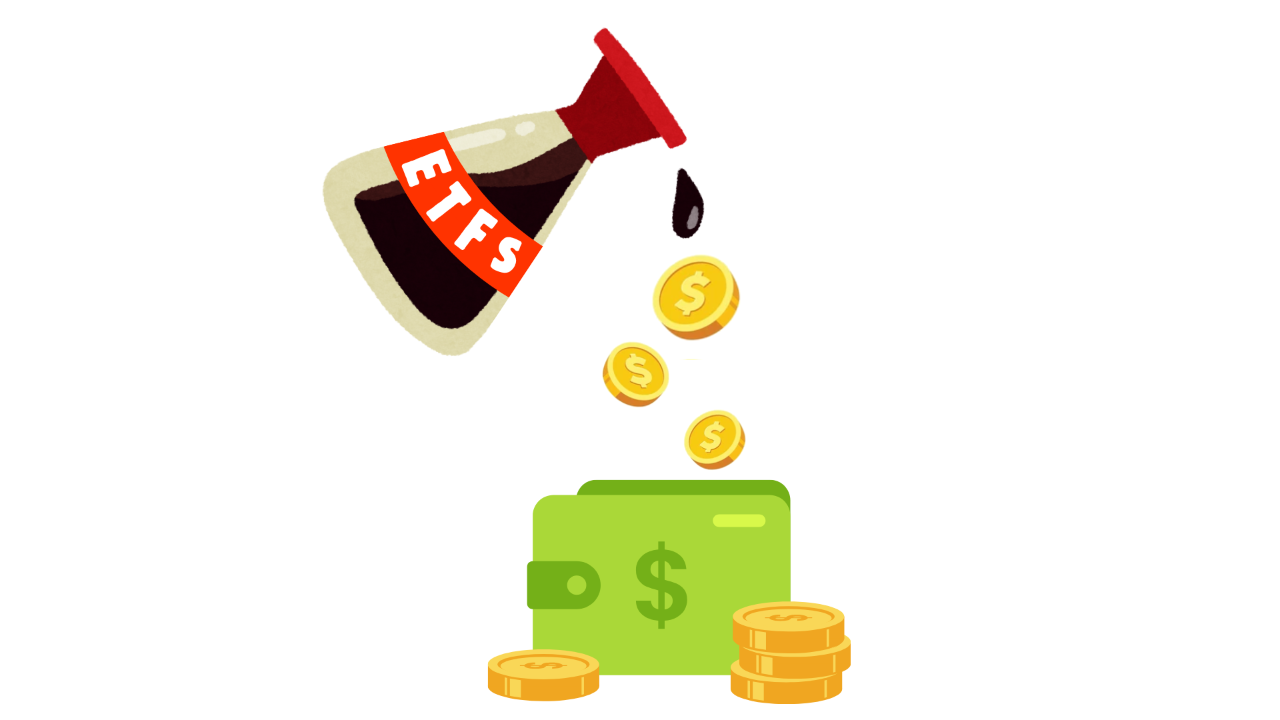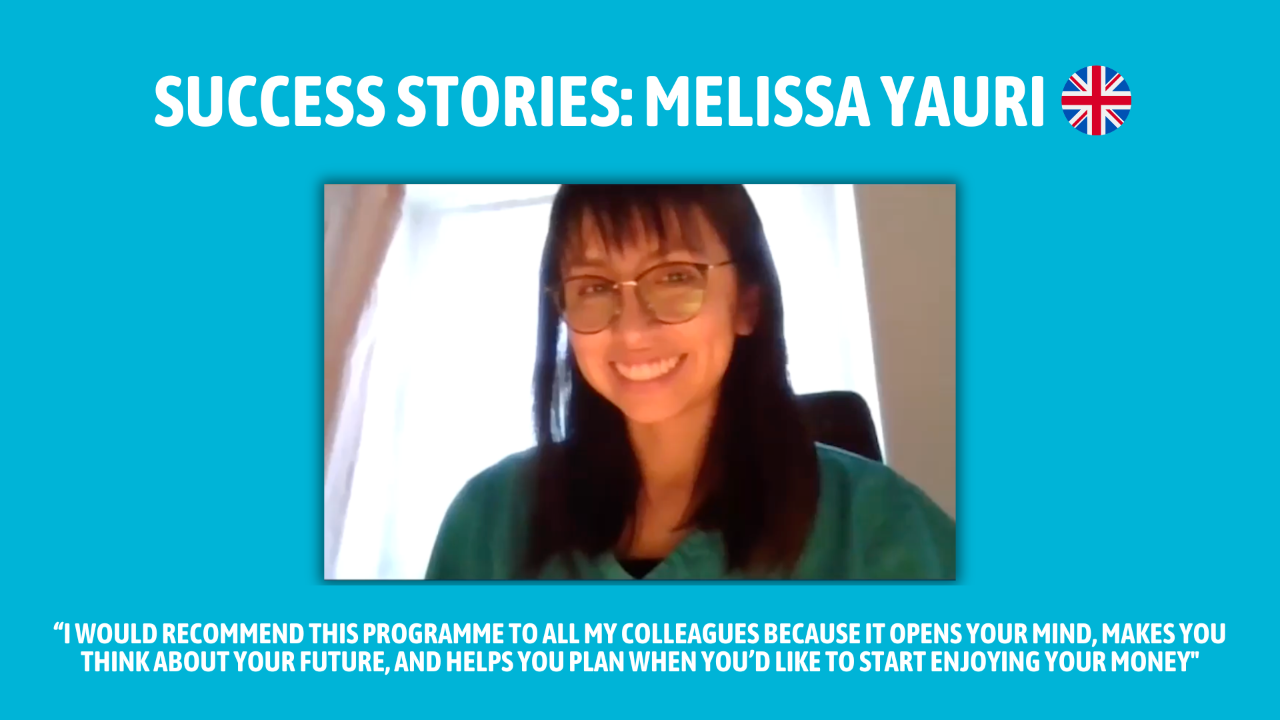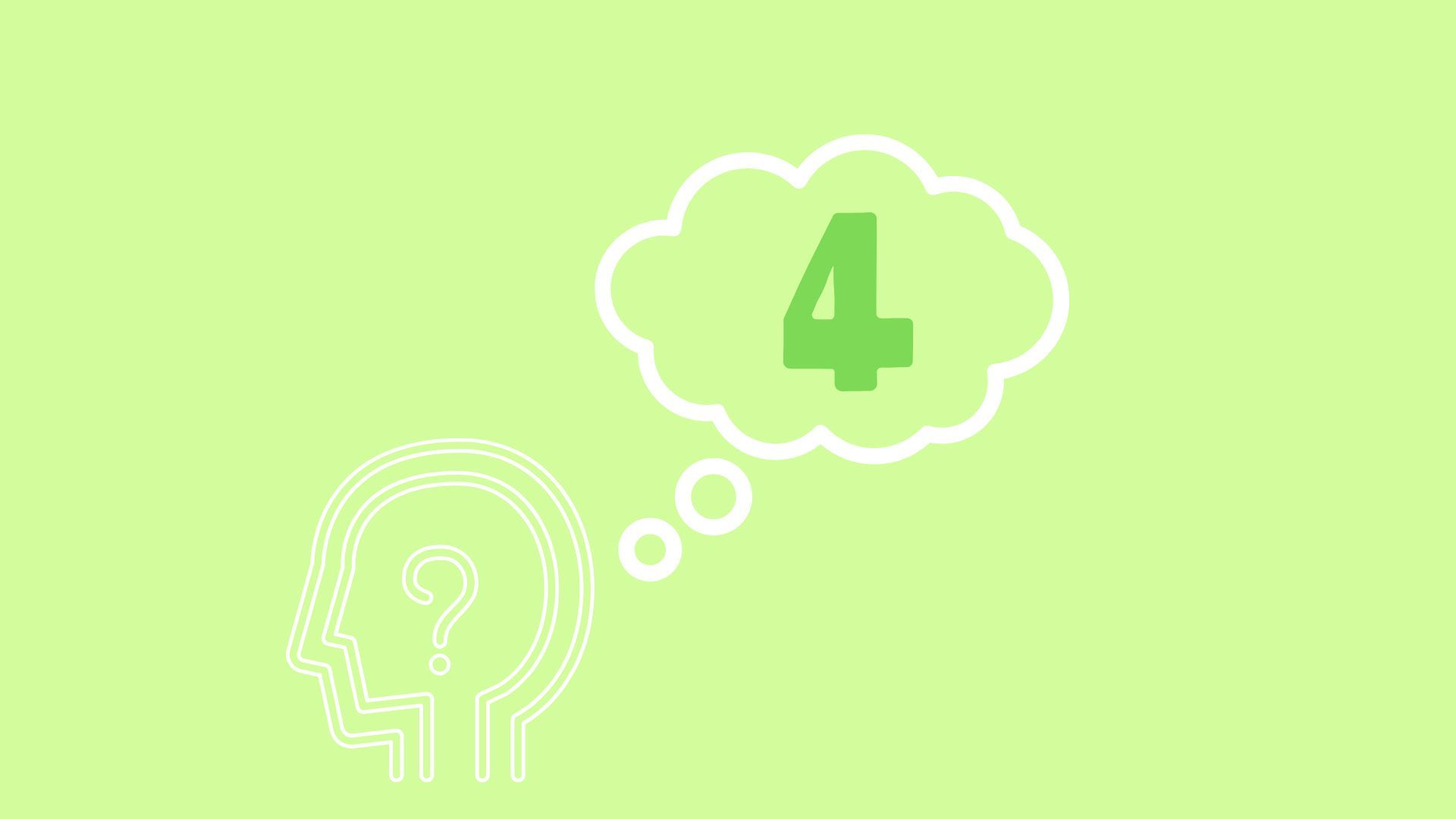
How to Save Up for a House Down Payment
Feb 18, 2024Hello Stoic Investors,
Today I'm going to show you how to save up for a house down payment.
How do we understand how to save up for a house down payment? Do we need to use some complex
formula and calculations?
Absolutely not.
It's literally just a matter of planning approximately what will happen in the future, which means starting from
asking ourselves some questions.
1. How much will the house I buy cost?
I'm not asking you to think about the exact amount.
But surely you will have an idea whether you're going to buy a house around $200,000 or $1 million, based
on your income, your desires and how many people will live in this house.
So, considering all these types of things, you should have an approximate idea of how much money your
house will cost.
But if you totally have no clue about that, Google is your best friend.
You can start by searching, for example, the average house price in your country.
Let's say, for example, that we plan for a $400,000 house to buy.

2. How much will be the down payment?
This will depend partially on your goals and what your state offers.
In general, for example, if you are a first home buyer there are some advantages that can make your down
payment amount slightly lower.
Again, if you can’t answer this question, you can simply search on Google the average down payment
percentage for a house in your country.
You don’t need to be precise, because we can't be sure about the future.
No one knows what will happen, so you don’t need to plan in the most accurate way with complex
calculations, because even a small single change in one assumption can reshape everything.
So, going back to our example, let’s say that the down payment percentage is 7.5%.
Therefore, we want to buy a house that costs $400,000 and the down payment percentage is 7,5%.
From this data we can get our first important amount, that is the money you need for the down payment,
which is $30,000 in this case.

Now we have a goal, we aren’t just saving money for the house without even knowing where we are going.
We know that $30,000 is our goal. And so, this is our starting assumption.
3. When do I plan to buy the house?
Again, you don’t need to be too accurate, but you may know approximately whether it's 6 months or 5 years
from now, depending on where you are.
But overall, let’s say you plan to buy a house 5 years from now.

This is an important question to ask yourself, because, based on the answer, you can understand the
amount of money you need to put aside every year in order to buy the house.
And therefore, in this example, if you want to save $30,000 for a down payment to buy a house in 5 years,
you need to set aside $6,000 each year.
Finally, we have all the necessary data:

You’ll need to accumulate $6,000 per year, and if you want to know the needed amount to put aside every
month, you can just divide $6,000 by 12.
Simple, right?
But now, let's imagine a different scenario.
Let's say that you want a house that is $800,000 instead of $400,000, but you want to invest only $500 per
month.
What happens?
That the down payment nest to accumulate in 5 years becomes too much.
You're actually not accumulating money; you are losing them, because if you want to have $1,000 in the
down payment nest and still invest $500 per month, you are not able to do this.
So, what can you do?
First of all, if you want to buy a house that cost $800,000, you need to play with the assumptions.
For example, you could change the down payment percentage, let’s say from 7.5% to 5%, or you can wait
some more years before buying the house, and of course, this will reduce the amount that you need to
accumulate every month.
Sometimes, you may realize that you're unable to follow all your goals together.
You may need to earn more, or be more patient, or even reduce your goals.
This is my general advice for anything regarding money.
Second, don’t just accumulate money in a saving account for the down payment nest.
You can consider using a high-yield savings account as a minimum or to invest this amount in simple
government bonds, which are very safe and can make you earn some more money.
You don't need to risk everything, but of course, if you just accumulate $60,000 in cash for the down
payment, due to inflation you would lose a lot.
So, consider investing them as well.
To make things even simpler I’ve created a budget planner to help me not only keep track of what I've spent
in the past months but also plan for future expenses, and if you think it could be useful to you as well, click
here to download the budget planner.
So, note down these three key points and start investing today:
1.Adopt a planning perspective, meaning to already allocate proactively the amount that you want
for each goal in your life.
2.Ask yourself some useful questions to be prepared for what the future holds
3. Be aware that we can't always stick to our goals; sometimes, we need to adjust ourselves or scale
them down.





